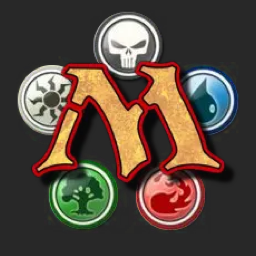

I think generally it’s hard to “fake” being behind because your board state is your board state. Unless you have something giving all your stuff flash or something, in most cases it doesn’t really matter if you have an Ulamog in hand and castable if on board you only have a vanilla 2/2 and the green player has an army of 12/12 tramplers. If you have lands in hand, for instance, you’re generally better off playing them than holding back to hope that “oh, I’m so mana screwed” gets you further later.
On the other hand, there’s also playing smart. If you know there’s a boardwipe coming you probably want to hold on to your creatures. I try not to play turn 1 sol ring, even if I draw it, because that makes all eyes turn to you and any big thing that you might drop as a result of that will be coming out when everyone else is most likely to have some kind of removal, and often when there’s nothing better to spend mana on. If a player is sitting on two untapped blue mana what are the odds that he’s sitting on a counterspell? Can you bait out the counterspell with a threat now so you’re able to do what you really want later? Or hold off casting in the hopes that it gets dropped elsewhere?







It’s sometimes used here, I think it depends how English you are. I just use “lol” but my fiancée does use “mdr” with other French speakers.